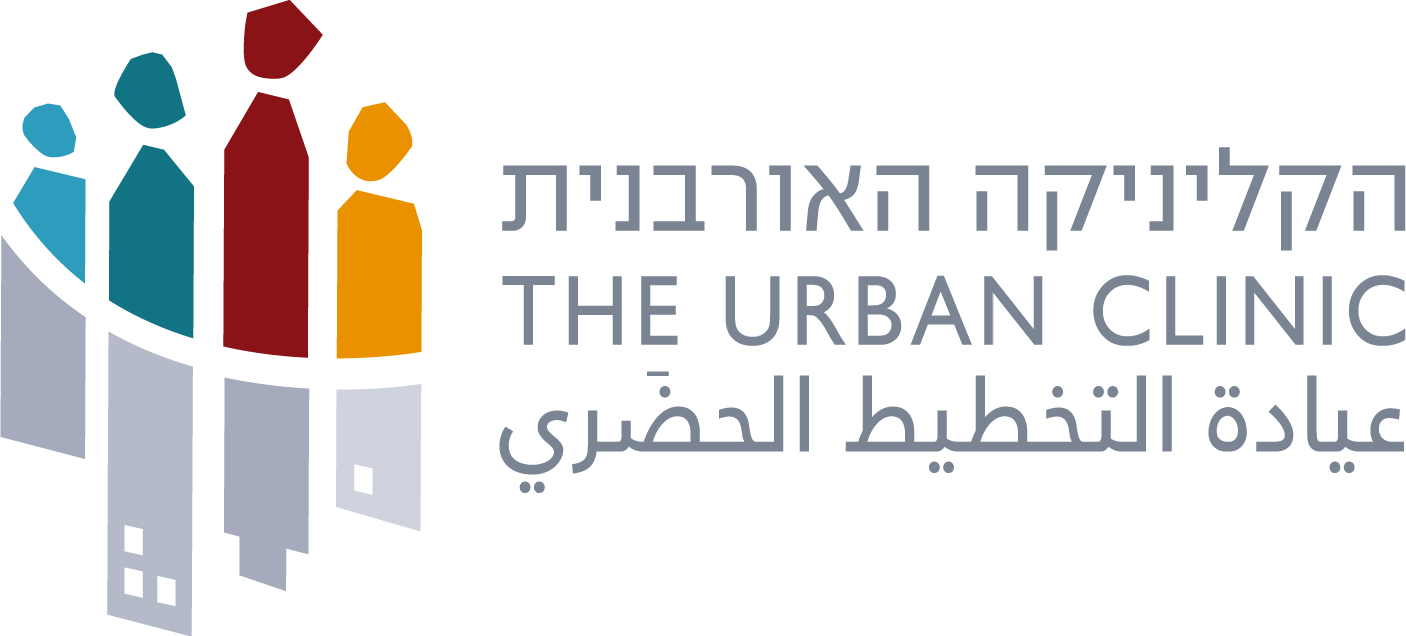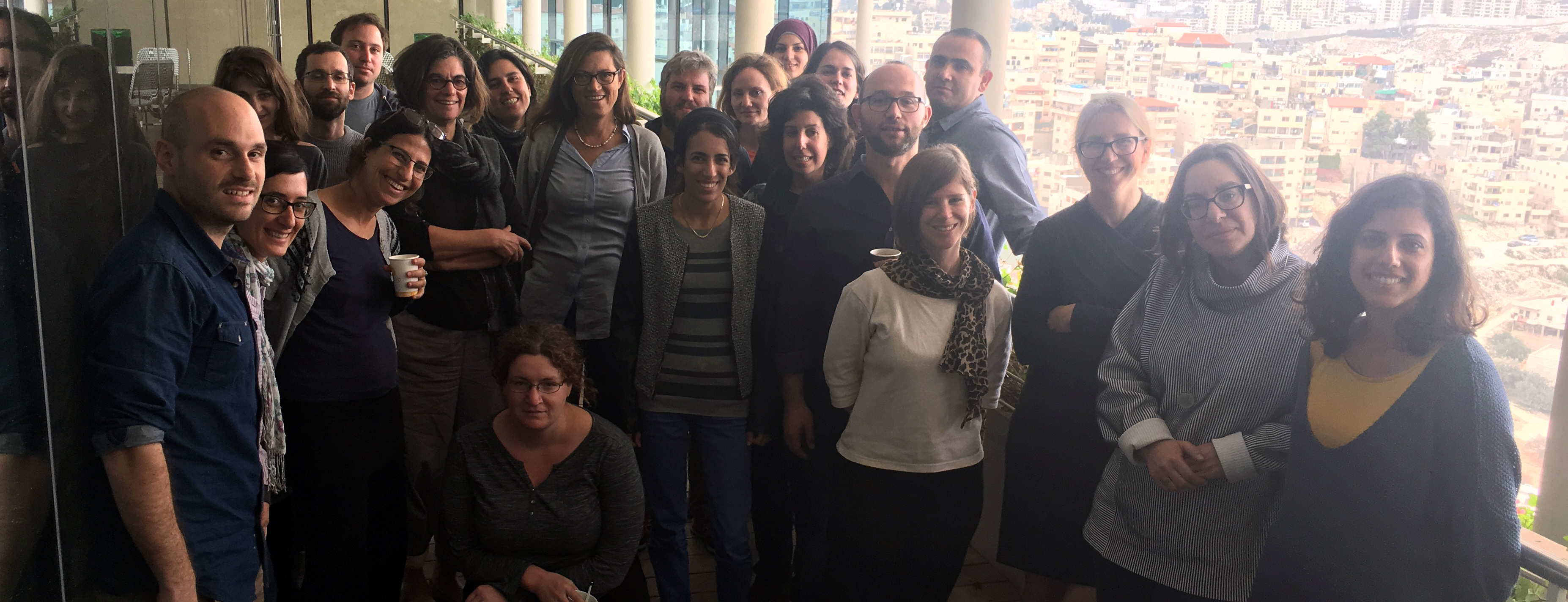 Marik is a PhD candidate at the department for Politics and Government in the Ben-Gurion University of the Negev and a research associate at the Jerusalem Institute for Policy Research. Marik has completed his MA (with honors) at the Geography department of the Hebrew University. His scholarly fields of interest are the intersection between geopolitics and neo-liberalism in contested cities and the study of Post-Oslo Jerusalem (2005-today). Under the supervision of Prof. Haim Yacobi, Marik is writing his dissertation (due to submit in June 2018) on the geography of encounter between Palestinians and Israelis in Jerusalem.
Marik is a PhD candidate at the department for Politics and Government in the Ben-Gurion University of the Negev and a research associate at the Jerusalem Institute for Policy Research. Marik has completed his MA (with honors) at the Geography department of the Hebrew University. His scholarly fields of interest are the intersection between geopolitics and neo-liberalism in contested cities and the study of Post-Oslo Jerusalem (2005-today). Under the supervision of Prof. Haim Yacobi, Marik is writing his dissertation (due to submit in June 2018) on the geography of encounter between Palestinians and Israelis in Jerusalem.
Between the Wall and the Mall: The political geography of encounter between Israelis and Palestinians in Jerusalem
During my BA studies in the Hebrew University, I lived in the neighborhood of Musrara, on the seam-line between East and West Jerusalem. The distance between my house to the Palestinians city center of Jerusalem, was only 100M. Yet each time I have crossed the invisible border into East Jerusalem, I was struck by drastic change in the humanscape and in my own sense of security and belonging. On the hand, I have noticed a growing presence of Palestinians in West Jerusalem's public and commercial spaces. In light of the growing political tensions in the city, it had seemed as a surprising and intriguing phenomena. This has led me to my PhD research on the geography of encounter between Palestinians and Israelis in Post-Oslo Jerusalem. In my research, I study the patterns of inter-group interactions in consumption sites, such as shopping malls and commercial streets. I investigate the ethno-national division of the local labor market; and I research the role of class identity and neoliberal cultural transformation in the construction of mixed spaces in the city. These holistic analysis allows me to build an holistic presentation of the spatio-political relations of Israelis and Palestinians in Jerusalem.
In my research I use mixed methods of empirical data collection (Surveys and data analysis) and qualitative investigation (Interviews, focus groups and observations). I think that my main contribution is the focus on dynamics that can challenge the ethno-national logic of separation and urban segregation, such as privatization of public spaces, class based encounters and cross-boundary daily life activities. During my studies I have published few papers based on my research, including articles in the leading peer reviewed journals – Cities and Urban Studies.
m.


